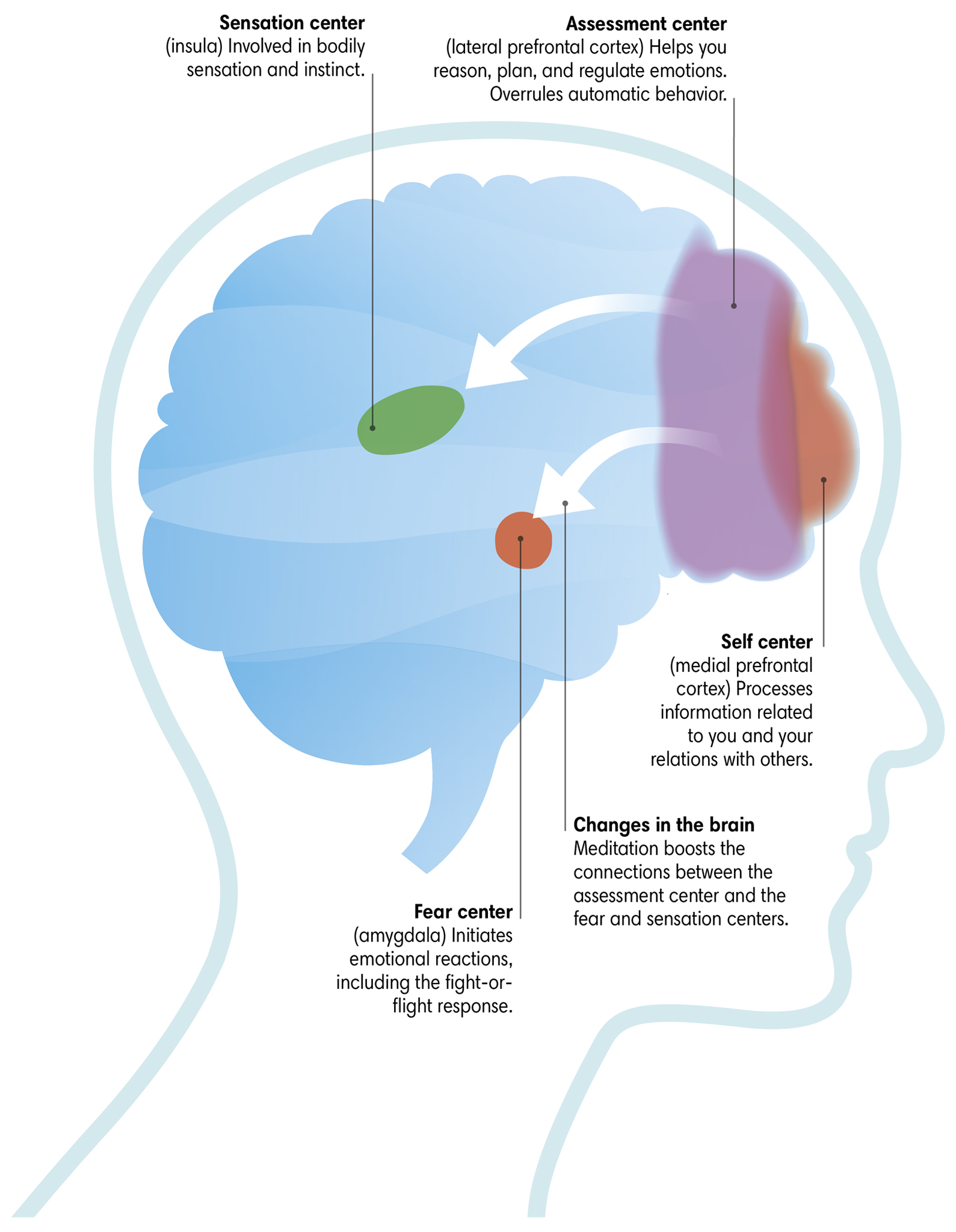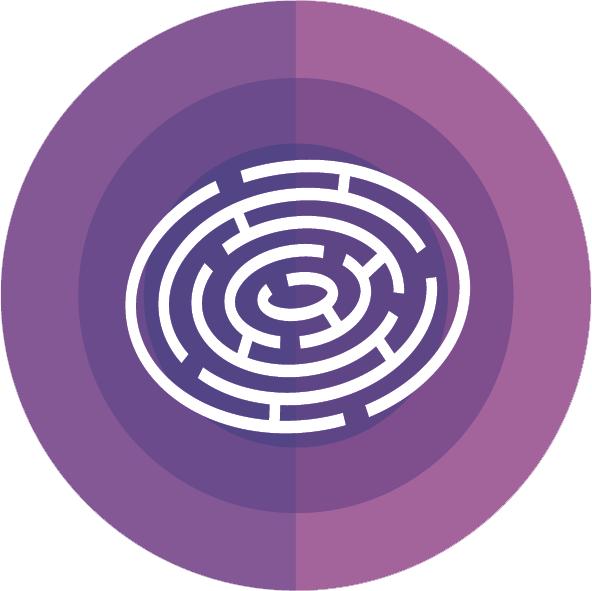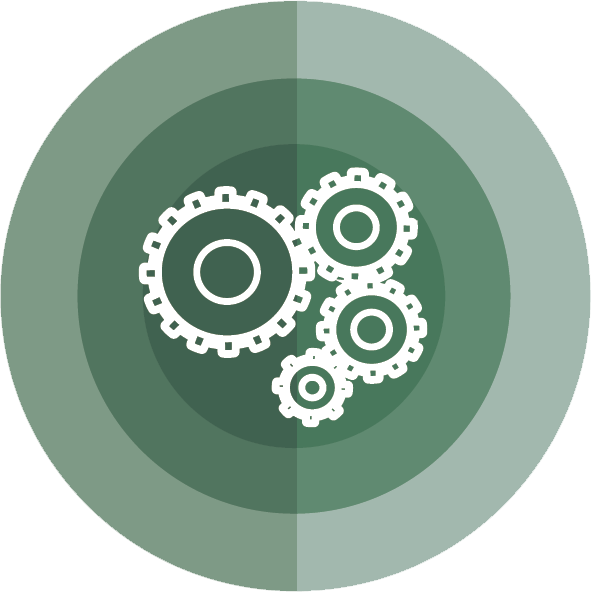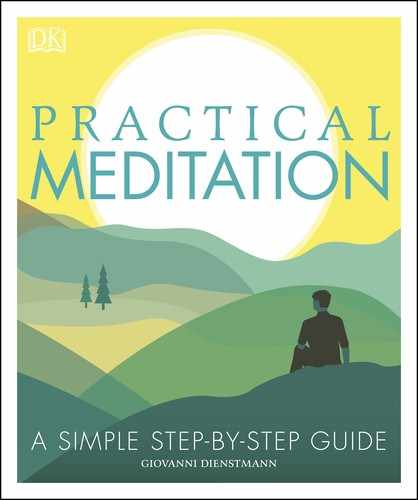SHARPENING YOUR POWERS
Meditation for your mind
Every time you meditate, you sharpen your mental faculties, such as attention, awareness, and willpower. People have long recognized the psychological benefits of meditation, but recent research is able to show us how this works.
Let’s say you start with the intention of focusing your attention on the breath and keeping it there for as long as possible. That is an exercise in attention and willpower. A few seconds later, you notice that your attention has wandered, and you’re now thinking about what to have for lunch. That noticing itself is an exercise in self-awareness and mindfulness.
Then you disengage your attention from the thinking and bring it back to your breathing. This is an exercise of mental flexibility (letting go), self-regulation, focus, and willpower. Your mind is being trained to be more fluid, to avoid rumination, and to be under your conscious control.
With time and continuous practice, these powers become sharper and sharper. In an age of technology and distraction, these are like superpowers.

Rewiring the brain
Nonmeditators have strong connections between the self center and the fear and sensation centers. Meditation weakens these links and strengthens the pathways related to the assessment center. The result is reduced anxiety and a tempered response to threats.
BRAIN BENEFITS
Research has proven that meditation has the following beneficial effects on our brains. The more you meditate, the stronger these changes in the brain become, so it’s important to practice regularly. This maximizes the benefits and stops your brain from slipping back to its default ways of working.

BETTER FOCUS
A 2010 study found that participants’ cognitive skills, including their ability to sustain attention and to perform under stress, was improved after meditating for just 20 minutes a day over 4 days. Meditation also boosted visuospatial processing, working memory, and executive functioning.

INCREASED CREATIVITY
A 2012 study by the University of Leiden assessed participants’ creativity and “out-of-the-box” thinking by asking them to list alternate uses for common household items. Results showed that individuals performed better after open-monitoring meditation, which includes Mindfulness and Vipassana.

BETTER LEARNING AND MEMORY
After an 8-week Mindfulness training program, participants in a 2011 Harvard-affiliated study showed increased gray matter concentration in areas of the brain involved in learning and memory processes. They also showed an increase in areas related to taking perspective.

AWARENESS OF THE UNCONSCIOUS MIND
People who practice Mindfulness Meditation show more awareness of their intentions than those who do not meditate, according to research by the University of Sussex, England published in 2016. Meditators were also found to be harder to hypnotize.

DECREASED NEED FOR SLEEP
A 2010 study by the University of Kentucky compared the normal sleep times of long-term meditators with nonmeditators of the same age and gender. Results showed that the experienced meditators needed fewer hours of sleep.

QUICKER PROCESSING
Research carried out in 2012 by scientists at the UCLA Laboratory of Neuro-Imaging found that long-term meditators have greater “gyrification” of the cortex than nonmeditators, a phenomenon thought to help the brain process information and make decisions more quickly.
